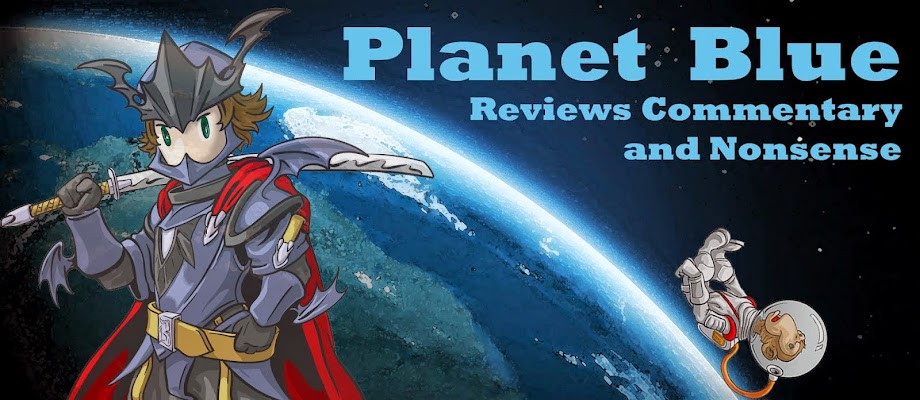The animated film "Big Hero 6" is a delightful animated experience. The comic book elements are retained mainly just to add a final action climax, though little about this movie is written or designed like a superhero film. This is not a deconstruction of superheroes like "The Incredibles", but rather a movie which throws them at the last minute just to add flavor. This is a movie about crimefighters with a bright world and a bright frame of mind - an old timey Golden Age of comics kind of tone in a movie set in the distant future.
Actually the main focus here is technology and robotics. "Big Hero 6" takes place in the cyber-city of San Fransokyo, a fantasy world where the Pacific collapsed, merging San Francisco and Tokyo into one megalopolis. Science is the prime mover of society. The local university seems to be based entirely around young people using their minds and creating amazing inventions - and being cool while doing it. Neo-Tokyo is a nerd paradise - one of the most positives views of the future that modern cinema will supply. The heroes of "Big Hero 6" are not angry emotional wrecks as in a typical superhero film, but rather engineers brimming with optimism about what their creations can do for the world. When an masked villain threatens the town, the young people gather up their respective creations to make a decidedly non-violent and protective team of superheroes, saving the world without wrecking it.









